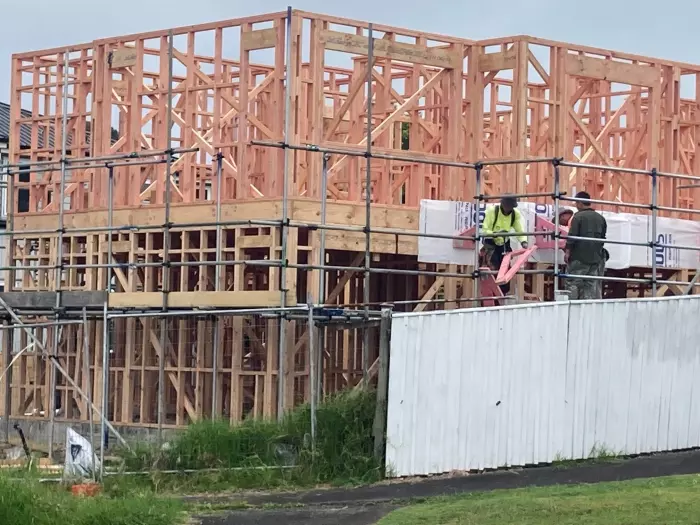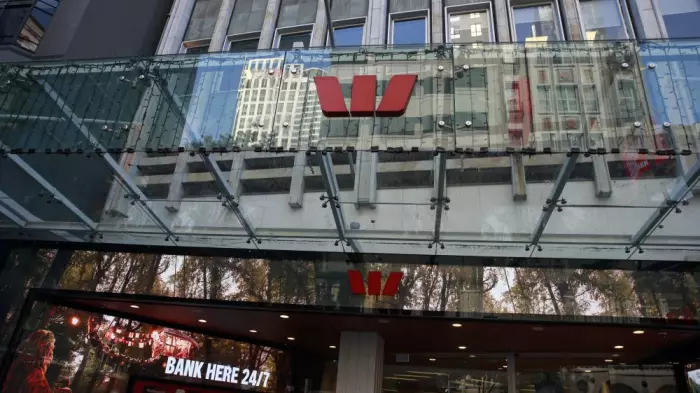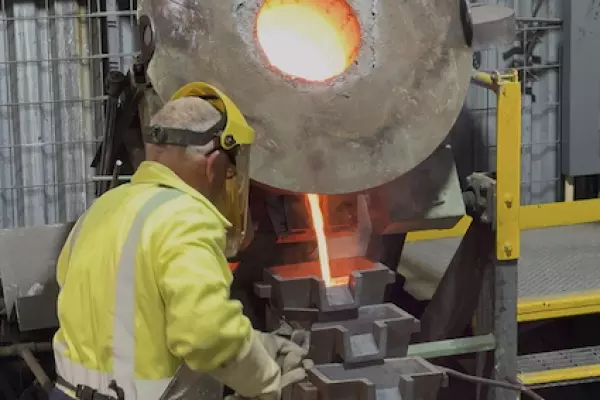The value of residential property in New Zealand hit $1.72 trillion last month, up $370 billion on last December's $1.35t.
About a fifth of that, or about $327b, is borrowed money, meaning that household equity, at just under $1.4t, is by far the largest asset class in the country.
By comparison, the country's commercial and industrial real estate portfolio is valued at about $245b, while NZ listed stocks are worth about $187b.
Our NZ Super and Kiwisaver funds add up to about $151b.
With all that equity tied up in our houses, the latest prognosis from property analytics firm Corelogic makes sobering reading.
Its latest quarterly outlook suggests the residential market hit its price peak during the latter part of last year.
Sellers could now well be facing a shift with the "balance of power" tipping towards buyers, according to chief economist Kelvin Davidson.
Rising home loan interest rates, lower availability of low-deposit loans and more rigorous credit contracts and consumer finance (CCCFA) rules are all serving to tighten lending rules for banks while putting pressure on household budgets.
These new dynamics come at a time when upwards of 60% of all loans needing to be refinanced within the next year.
Rate spike
Davidson notes that those who took the one year fixed home loan interest rate option in about April or May last year could well see their mortgage rate double when they review it in three months.
There is already evidence of a slowing in sales activity, he said, as a reaction to previous rate increases, and other headwinds including tighter loan-to-valuation rules and removal of interest deductibility for landlords.
Latest Real Estate Institute data show the number of sold properties dipped in December to 6,755, almost 30% down on the 9,573 that changed hands in December 2020. That's in spite of a 28.7% surge of listings to 16,733 for the month.
And with a big drop in sales came a rare dip in house price inflation, with the institute's national price index down 1% from November – led by a 2.3% fall in the Auckland housing market.
No crash
Davidson said while some areas may be more vulnerable to outright house price falls, with unemployment still low, the story is "more about much slower growth in prices rather than any meaningful falls".
At the same time, a tighter lending environment could present some deals to those with more cash and equity on hand, he said.
Meanwhile, ANZ Bank, the country's largest mortgage lender, is forecasting a slightly darker outlook as it expects a 7% outright drop in prices this year.
The bank's senior economist, Miles Workman, said the forecast is based on the escalating official cash rate, which he thinks could hit 3% by April next year, and the general link between house prices and economic cycles.
Corelogic's Davidson also thinks construction levels will slow on the back of both omicron – which is likely to have an impact on worksite worker levels – but also because the building industry is at full capacity and costs are rising.
He said much of the current building frenzy, which had seen dwelling consents head close to 48,000 consents last year, was driven by tax incentives for investors to look at new builds.
But he wouldn't be surprised to see new dwelling consents start to ease off over the coming six to 12 months because of building material inflation, lack of available materials and capacity constraints.
"Of course, for builders themselves, there is still enough work in the pipeline for some time to come."














